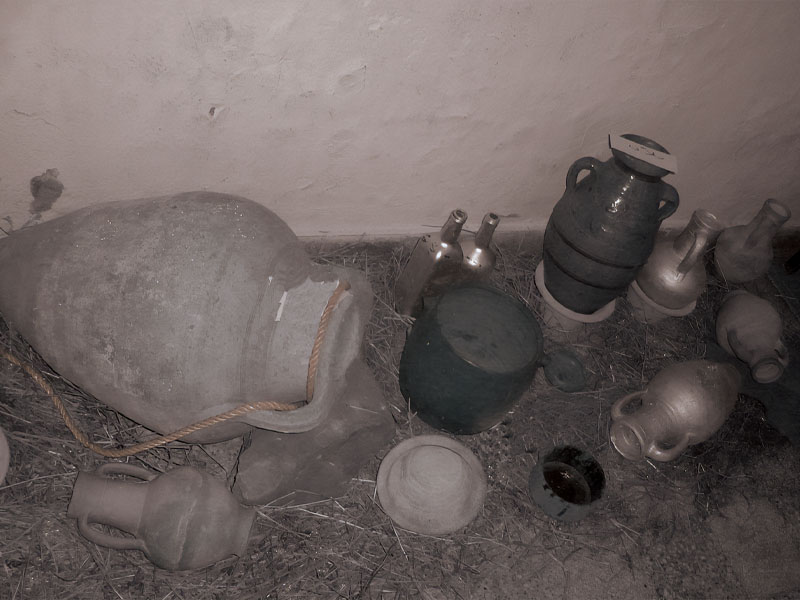Folk Culture: a tool for solving the problems of the world
Issue 6

Local and regional data indicate, at all levels, that we are in need today to spread and promote a culture of tolerance, dialogue, peaceful coexistence and mutual acceptance, and to reject the abhorrent sectarianism, which obscure the high meanings in the heart of one people. Hence the importance of deepening the concepts of national culture, promoting the principles of loyalty and belonging, and folk memory and folklore enable to deepen the loyalty and belonging to a nation which we love and we are proud of it and proud of its authenticity as well. From this balcony, we look at folk culture as an integral component, a tool to consolidate the national unity, to fight the extremist ideology and intolerance, to promote national identity and belonging, to build a democratic society, and to strengthen the speech of reform and political development, and the efforts of promoting a culture of human rights. Folk culture is the closest to the texture of one people, and the efficient power to influence the propagation of values of democracy and a culture of tolerance. Folk culture, with its creativity, firstly targets the human being, and formulates in his favor the principles of good, love, and peace, in the face of evil and falling into the trap of surrender and submission. Furthermore, it affords him with a huge dose of optimism, values of dignity, love of work, and love life. Gramshi has always warned against dealing with folklore as only a wink or a joke, but instead it must be considered as a tool for solving the problems of the world and life. The challenges ahead are greats, and our duty is to strengthen the role of folk culture in the lives of the people, as a living memory of the people of Bahrain, to sow the values of this culture in the hearts and minds of the new generation, in order to assume the burden of responsibility and drive the next phase in a positive and healthy way, and to take care of our original and rich heritage, by further codification and documentation to ensure its preservation, protection and transmission to future generations in all sincerity and honesty.
Abdul Qader Aqeel







































































